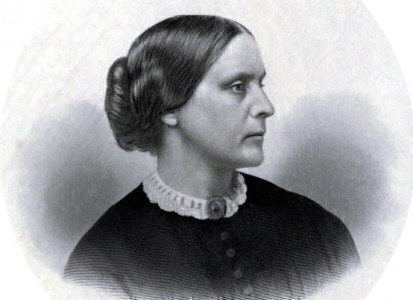With some, but not all, Americans commemorating Columbus Day on Monday, there has been growing talk of expanding the day’s purpose or changing to a different celebration as a federal holiday. So how difficult would that be?

In reality, an effort to add a new federal holiday would face severe hurdles. One of the losing arguments made against the Dr. Martin Luther King, Jr., holiday was the extra cost to the federal budget. One King holiday opponent in 1983 estimated $225 million in lost productivity annually from adding an extra holiday.
But President Ronald Reagan signed the legislation approving the King holiday despite the financial argument. Since then, several other federal holidays have been proposed, but none added.
One reason is that federal holidays just specify when paid holidays are given to federal employees in what are considered non-essential positions and the holidays are part of collective bargaining agreements. Adding or dropping a holiday for federal employees affects those agreements.
And then there is the timing of federal holidays. Four current federal holidays are designated to fall on Mondays: Washington’s Birthday, Memorial Day, Labor Day and Columbus Day. The holidays were assigned to Mondays as part of the Uniform Monday Holiday Act of 1968.
Veterans Day was, for a brief time, was a Monday holiday, but it went back to November 11 after much opposition from veterans groups and the states. In fact, more than 40 states refused to recognize the Monday version of Veterans Day, and Congress relented in 1975 and moved the federal version back to its original day.
Since 1983, Congress hasn’t changed the federal holiday schedule, but here are some holidays proposed to legislators and the public at large for consideration:
In 2011, Representative John Conyers introduced legislation to make Election Day a federal holiday in November. The proposed change didn’t make it far in Congress, but another representative then proposed a new Constitutional amendment to establish Election Day as a “legal public holiday.” That also didn’t gain traction. But 11 states recognize Election Day as a holiday.
Another idea was to add a day celebrating the achievements of Susan B. Anthony into the Washington’s Birthday holiday. The proposed bill didn’t make it out of the 100th Congress.
A third proposal was to designate a federal holiday each year as “Cesar E. Chavez Day.” The idea was put forth several times in Congress with little impact.
And then there are two holidays already celebrated in many states that could get some support as a federal holiday – but they aren’t Flag Day or Lincoln’s Birthday.
Each year, 13 states recognize Christmas Eve as a holiday for state employees, with two states (Georgia and Indiana) using the day as its Washington’s Birthday holiday.
And 23 states recognize the day after Thanksgiving as a holiday, with several states using it to recognize Abraham Lincoln, Robert E. Lee, George Washington, Native Americans and American families.







